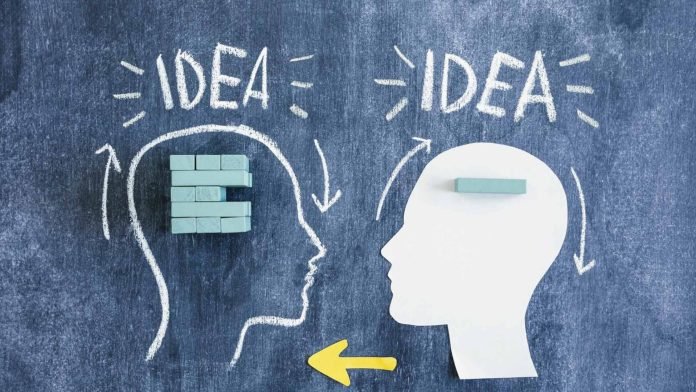Table of Contents
1. Assess Your Team’s Readiness
2. Communicate the Vision and Benefits
3. Involve Your Team in the Process
4. Provide Ongoing Support and Recognition
5. Celebrate and Learn from the Change
6. Here’s What Else to Consider
Conclusion
Change has become the norm in the present and future business scenarios, and the organization has to embrace change in order to survive. It is crucial for companies to promote an understanding of change as inevitable and prepare for it in advance. This article outlines ideas on how to create an organizational culture that embraces continuous change by examining communication and collaboration.
One must recognize that the ability to manage change successfully can really impact an organization’s performance. Management must develop an ‘acceptance of change’ attitude and make sure that they prepare their teams for change. These are readiness, communication, participation of the team, sustaining support, and evaluation of the process.
1. Assess Your Team’s Readiness
The initial step in this process involves self-assessment in readiness for change within the team. Knowing their current perception and how they may be resistant to change can help modify the strategy when executing implementation.
- Conduct surveys and assessments to measure the extent of openness to change among your team members. This makes it easier to determine where more time and effort are required to be put in.
- Review Past Initiatives: Identify past change initiatives in order to assess what has worked and what has not.
- Identify Key Influencers: Identify those who may be more successful in persuading others during the change process.
2. Communicate the Vision and Benefits
- Articulate the Vision: Whenever a change is proposed, it should be accompanied by clear and logical reasons for the change as well as its connection to long-term objectives.
- Highlight Benefits: To get approval, focus on the positive consequences affecting the given organization and each team member, including increased effectiveness and potential new business opportunities.
- Maintain Transparency: It is also appropriate to disclose possible risks and how the management plans to come up with solutions to curb them; this helps in minimizing unpredictability.
3. Involve Your Team in the Process
It is crucial for change management to be engaging and collaborative. Engaging your team creates ownership and desirable employee behavior towards the project.
- Seek Input and Feedback: Ask team members to give feedback regarding the change idea with the goal of having a pool of suggestions for enhancing the change strategy.
- Form Cross-Functional Teams: Organize people into groups to come from different departments to ensure everyone changes his or her workstation.
- Delegate Responsibilities: Empower team members by assigning specific roles and responsibilities in the change process.
4. Provide Ongoing Support and Recognition
Sustaining change often depends on continuing to provide support and public acknowledgment of the new ways.
- Offer Training and Resources: Offer any required and needed training and tools to support employees in transitioning to a new process or technology.
- Implement a Support System: Create a platfoe team members can get help and also find people who went through a similar experience.
- Recognize and Reward Contributions: Publicly reward progress and recognize the accomplishments of those involved in the change process.
5. Celebrate and Learn from the Change
Reinforcing successes and evaluating the process aids in the development of a positive change culture and prepares the team for future endeavors.
- Mark Milestones: It is recommended to rejoice in certain goals and accomplishments to keep oneself motivated.
- Conduct Post-Implementation Reviews: Evaluate the change to determine what has worked and what may need to be modified.
- Share Lessons Learned: Ensure that the experience is documented and the lessons learned are captured for use in future change management processes.
6. Here’s What Else to Consider
Organizational members’ willingness and ability to embrace change are very important, and HR professionals have a crucial role to play. Here are key points to keep in mind:
- Build a Resilient Culture: Encourage a culture that embraces change and improvement.
- Encourage Continuous Learning: Encourage continuous training and development, as necessary, in anticipation of future contingencies where employees may be required to acquire new knowledge and skills.
- Monitor Organizational Health: Consider how the health of the organization changes and how these changes might affect readiness for change.
- Foster Strong Leadership: Train organizational leaders to respond correctly to change management processes.
- Communicate Consistently: Maintain ongoing and illustrative communications to keep people updated and interested.
Conclusion
Adaptive culture is the key to effectively responding to the challenges characteristic of modern business environments. Using readiness assessment, communication, employee engagement, staff support, and recognition, companies can develop and maintain a strong and flexible workforce. HR professionals have a great responsibility within organizations to drive this change and make the organization ready for what needs to come in the future.
Explore HRtech News for the latest Tech Trends in Human Resources Technology.












